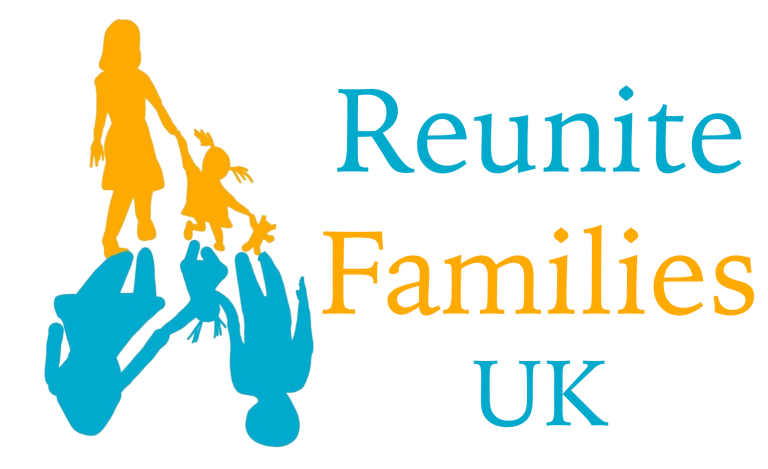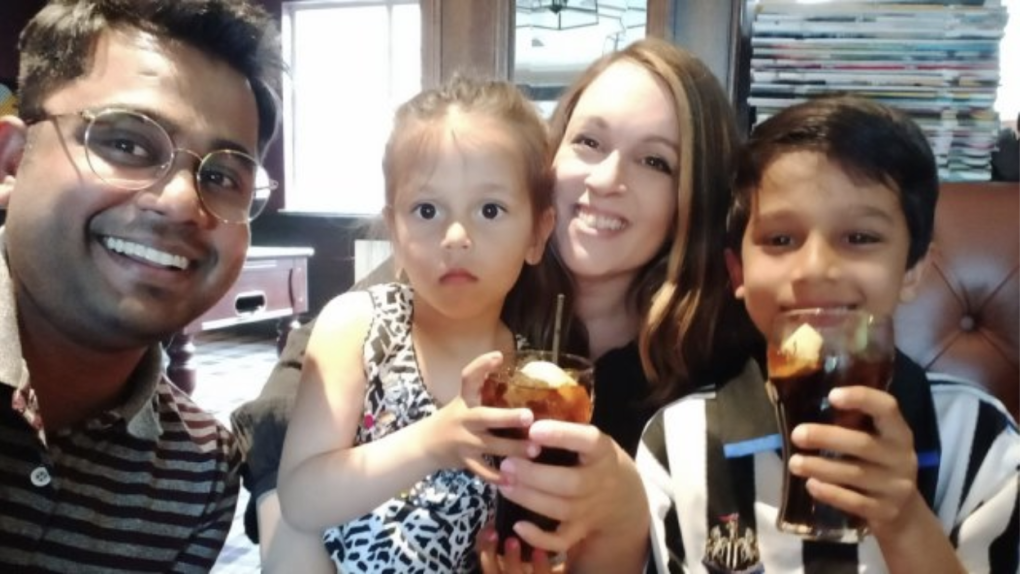Harsh UK visa rules already causing mental health crisis for separated families even before latest increase
As families across the country prepare to celebrate the festive season together, ournew report lays bare the hidden psychological burden bi-national families,and their children experience as a result of an increasingly harsh and expensive UK family migration policy.
The two-part initial findings report has been commissioned by ReuniteFamilies UK and funded by the Paul Hamlyn Foundation and outlines the countless psychological and financial hurdles British and settled residents face in order to be together as a family in the UK.
65% of respondents to the survey conducted as part of the research say that their child received a diagnosis of a mental health condition.
On the 4th of December, the government announced a new plan to reduce net migration which will see the Minimum Income Requirement more than doubled to £38,700, a level which roughly only 40% of the UK workforce earn.
Families across the country are desperately worried about this increase and what it will mean for them.
For some families, the new rules will deny them the possibility of being reunited in the UK. For those that are already here, this will throw their lives into chaos. Since the announcement, we’ve been inundated with requests for advice and seen a huge influx of new members to the organisation. Understandably, people are extremely worried about the lack of details of the policy, including whether it will apply retrospectively and/or to families already on the route. This uncertainty is causing additional distress.
The current rules have had and continue to have a devastating impact on families and the family unit.
Many face long-term or permanent separation meaning that many children grow up without one of their parents. For them, enforced separation from a parent has become the norm. As a result of this prolonged separation, children are suffering from a range of mental health impacts including selective mutism, stool holding, behavioural and emotional issue and even suicidal ideation.
The two-part initial findings report has been commissioned by Reunite Families UK and funded by the Paul Hamlyn Foundation.
This hidden cost has been imposed on families since 2012 when,as part of the hostile environment, the government toughened the family migration policy and introduced a set of complex and expensive rules. This included a Minimum Income Requirement [MIR] of £18,600, to be earned by the British / settled partner in order to sponsor their partner. Now, though already considered amongst the toughest in the world, the policy has got worse with the visa fees and Immigration Health Surcharge being increased even further:visa fees rising by a rate of between 15 and 35% and the Immigration Health Surcharge set to rise by roughly 66% in January 2024.
The research shows that many parents are forced to single-parenthood -often mothers. For these parents, they must juggle a job, household and childcare alone whilst struggling to meet the Minimum Income Requirement (MIR) and saving for the high visa fees.
The report highlights the following key findings:
- The requirements create single parent families and impose a very high economic, socialand emotional burden on all affected families.
- The effect is discriminatory because it is felt disproportionately by women, young people, and those living outside of London or the South East, and working single parents (usually mothers).
- The overall effect makes it harder rather than easier for mixed nationality families to integrate into society, which is the opposite effect to that intended by the Rules.
- British citizens and settled residents are very badly affected by these rules; with significant impact on the mental health and well-being of British children.
“The report outlines what we already knew from our day-to-day work with people affected by this policy at its current threshold: it is expensive, it causes misery for the people going through theprocess and it undermines the mental health wellbeing of the children and the family caught up in it. Now, with the proposed huge increase it will block families from being able to reunite at all and destabilise those that are here with disastrous effectsespecially on the children.For a government, that at the beginning of this year spoke of family values as being at the heart of its work, this move will cause utter misery to countless families and children across Britain”
Caroline Coombs, Co-Founder/Executive Director, Reunite Families UK
“As a lived experience organisation, founded by people who have suffered at the hand of this policy, we hope this report will be used by policy makers from across the aisle to propose and introduce a more humane and family-friendly migration policy. A migration policy that prioritisesthe wellbeing of their citizens and residents and that recognises that the children wellbeing needs to be paramount and a pillar of a renewed family migration policy”
Jane Yilmaz, Co-Founder/Chief Operating Officer, Reunite Families UK
Calls to Action
Write to your MP –highlight the key findings and ask for the following:
-
Commission a review of the family migration rules in detail with a particular focus on integration and on the mental health impact of the rules on children and their families.
-
Following a review, adopt new family migration rules for British and settled sponsors of overseas spouses and partners that promote family and foster integration. Any new policy must be formulated and implemented giving due weight to the best interests of children.
-
Legislate for a statutory right for British citizens to be joined by their non-UK spouse or partner.
-
If the MIR must be maintained, it should be proportional to the full-time National Minimum Wage.
-
The MIR should also:
-
Allow job offers made to the non-UK spouse/partner foreign national to be taken into account
-
Include non-UK spouse/partner’s prospective earnings if they are self-employed or have their own business
-
Include reliable third party support -such as that from parents and relatives -to contribute towards the MIR.
-
-
Reduce the 6 month earning period within the MIR requirements to 3 months in order to reduce separation time; and to 6 months for self-employed workers.
-
Reduce the probationary period to settlement to two years because that is plenty to assess the relationship (with a five year cap for exceptional cases)
-
Remove all the so-called ‘reset the clock’ mechanisms of applicants on the 10-year route now able to apply under the 5-year route to settlement.
-
Reduce the application processing time to a maximum of 12 weeks.
-
Allow couples married for longer than 4 years to apply directly for settlement.
-
Fix the level of fees at the cost of processing for all family applications.
-
If applicants are paying National Insurance and Income Tax, they should not also be liable to pay for the Immigration Health Surcharge.
-
Simplify and streamline the application process, reducing the administrative burden on applicants and on the Home Office.





